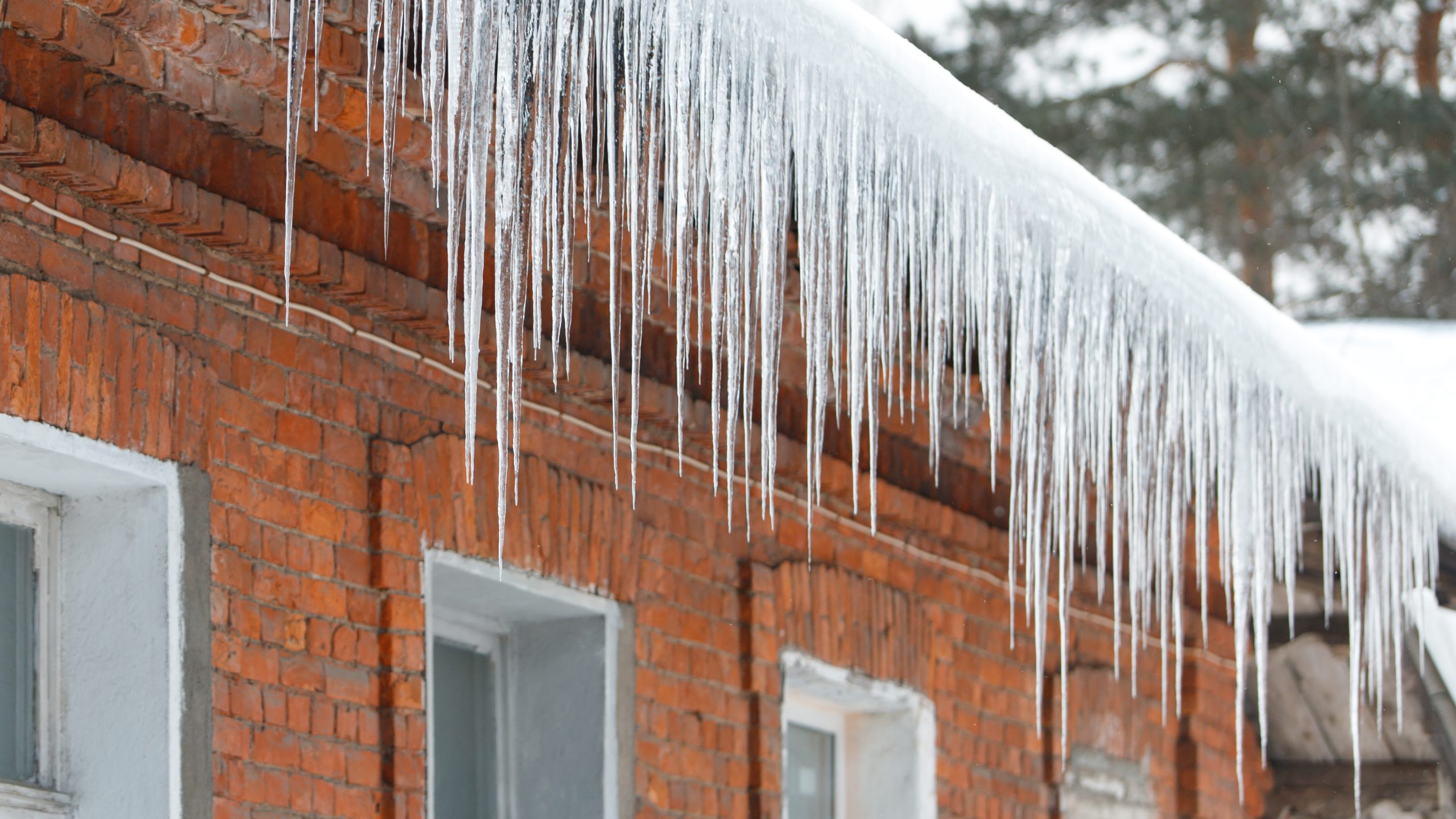Winter months bring extreme temperatures, snow, and ice. These are all elements that can cause gutters to freeze and stop the flow of water. This can result in an overflow of the gutters and ice forming from the edges of the gutters. This extra weight can damage the gutters and roof, which will end in costly repairs for the homeowner.
How do I keep my gutter guards from freezing
If you live in an area of extreme temperatures, then you run the risk that the gutters on your will freeze. Thankfully, there are things that you can do to avoid the gutters from freezing.
- Install heat panels – Panels that lay within the gutter with wires or heating elements that will heat and melt any snow or ice that is in the gutter.
- Keep gutter clean – The cleaner the gutter, the easier it is for water to drain. Without water in the gutter, the gutter will not freeze.
- Insulate roof and attic – Insulation in the roof will cause snow and ice to melt and run off the roof and through the gutter.
However, there are some tips that homeowners should not do to remove ice from the gutters.
- Hammer down ice – This can damage the gutter and cause leaks
- Thaw out gutters – Using heat to the gutter will not eliminate the problem areas and they will return
- Applying salt or other chemicals – These elements will corrode and rust the gutters which will cause leaks and in need of replacement.
How do I protect my gutters from snow and ice
The best way to protect your gutters from snow and ice is to keep them cleaned out and clear of dirt and debris. Cleaning the gutters in late fall will give the gutters the best chance to flow water throughout the gutters and into the downspouts.
Another alternative to protecting your gutters is to install a gutter guard for snow and ice. A sloped micro-mesh or sloped-designed gutter guard is best. This design will all large chunks of snow and ice to fall from the roof and never enter the gutter.
Are gutter guards good for snow and ice
Depending on the design of the gutter guards, this may not be an ideal solution for the winter months. Most gutter guards, like foam gutter guards, are not ideal in winter. They will collect the snow and ice on top of the guard. This will block water from entering the gutter. This will result in water flowing into the basement, down the sides of the home toward the foundation, and can cause soil erosion.
What is the best gutter guard for cold weather
The best gutter guard for cold weather is one that will deter ice and snow from building up and collecting in the gutter. Research of consumer reports shows that gutter guards made from micro-mesh panels are very durable in the conditions that the winter months have in store. Homeowners will also need to look for gutter guards that are made from a long-lasting material like aluminum or steel. These materials will not rust or deteriorate at a rapid rate like other gutters. Finally, gutters without guards in place run a greater risk of becoming full of debris. This can cause snow and ice to become stuck in the gutters and can result in costly repairs.
Conclusion
There are many steps that a homeowner can take to prevent ice, snow, and extreme temperatures from affecting the performance of their guttering. Making it a priority to avoid these pitfalls will save the homeowner in the long run.

